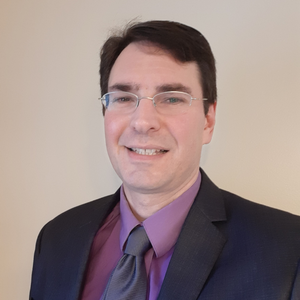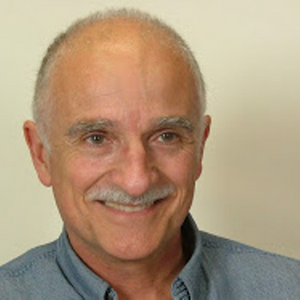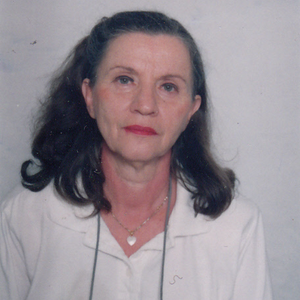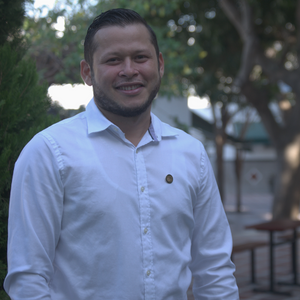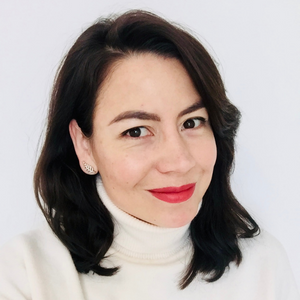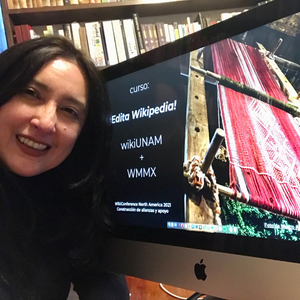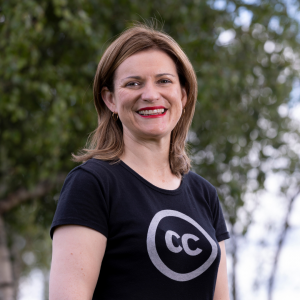Pioneers of Open Culture: A look back at how open access happened at three early adopters
jeudi 12 janvier 2023 à 17:56
Ever wondered how it must have been for some of the first cultural heritage institutions to embark on their open access journey? Michael Weinberg, Executive Director of the Engelberg Center on Innovation Law & Policy at NYU Law, talked to three major institutions that helped shape the early open GLAM / open culture movement to find out. Here’s what he found.
The list of Galleries, Libraries, Archives, and Museums (GLAMs) with open access programs gets longer every day. However, those programs don’t just happen. They are the result of work from teams inside and outside of the institution.
Like the commons they create, the open access programs build on one another. Each open access program launched today uses lessons learned from programs that came before.
“Pioneers of Open Culture” contains three case studies of open GLAM early adopters. It examines some of the institutions that created open access programs in the early days of the movement.
The National Gallery of Art (United States), Statens Museum for Kunst, and New York Public Library are different institutions. They have different funding models, different relationships to government, and different styles of public engagement. In the years since they started, their open access programs have taken different directions. However, all three pioneered their own versions of successful open access programs.
None of these institutions would claim to have built their programs alone. They were part of communities, discussions, and practices that evolved along with them. At the same time, these institutions navigated their environment with many fewer models than are available today. That forced them to learn lessons that today’s institutions can take for granted. These case studies help shed light on that process.
Pioneers of Open Culture is not a comprehensive analysis of each institution’s open access program. It also does not explore all of the institutions that contributed to the early days of the open culture movement. Instead, it is an exploration of how some of the people who created and operated these programs understood their work. The goal is to provide a window into the process. This window might help those who want to follow similar paths.
While each case study has conclusions specific to the institution, a few points of commonality do begin to emerge:
Digital Infrastructure Matters.
Successful open access programs are built on digital foundations that directly incorporate rights and rights awareness. Digital systems redesigns were opportunities to build the possibility of open into an institution’s DNA. Well designed digital backends also made it easier to experiment with smaller projects that were not true one-offs, but rather closely integrated into the institution’s technology infrastructure.
Experimentation is Important.
Collections are diverse, as are the users who are interested in them. Open access programs succeed when there is space to try new things, and create multiple points of entry into an institution’s collections. This is true for members of the public who want to explore the collection. It is also true of internal stakeholders who want to understand how open access can help them achieve their own goals. Space takes the form of financial support from within and without the institution. It also takes the space of an institutional environment that is welcoming to experimentation.
Make the Easy Things Easy.
Open access programs can be challenging to construct and sustain. Technology must be built. Collections must be designed. Rights statuses must be documented. That makes it important to use tools that make things easier whenever they exist. Those tools include legal tools, such as the CC0 public domain dedication, and technical tools, such as open source software. The reliability of these tools allows teams to focus on the hard parts of creating open access collections.
“Pioneers of Open Culture” brings color and context to the history of open access. Hopefully, understanding that history can help accelerate open access programs yet to be created, and encourage people to embark on better sharing of cultural heritage worldwide.
What to know more or get involved in CC’s open culture program? Reach out: info@creativecommons.org
The post Pioneers of Open Culture: A look back at how open access happened at three early adopters appeared first on Creative Commons.

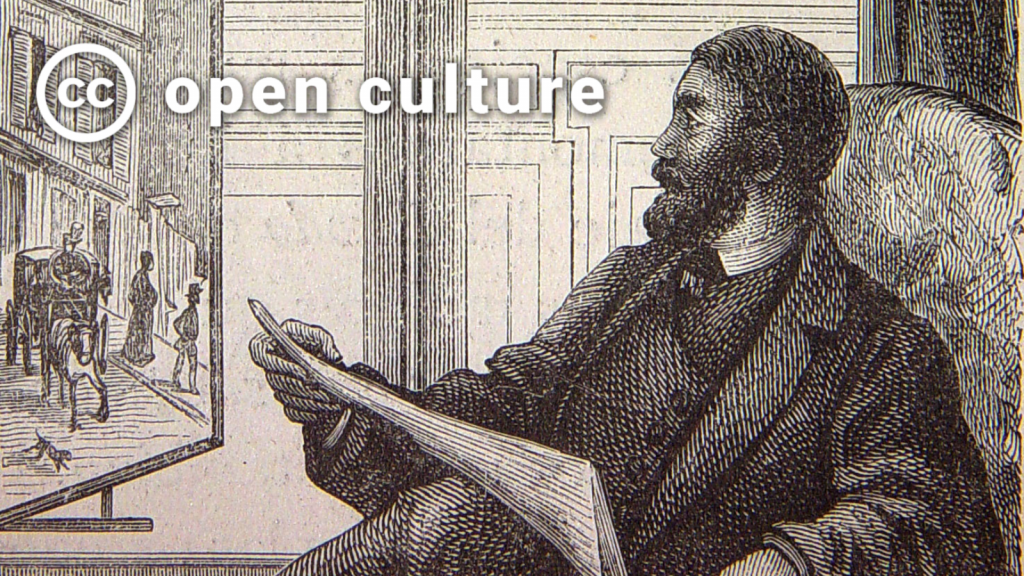
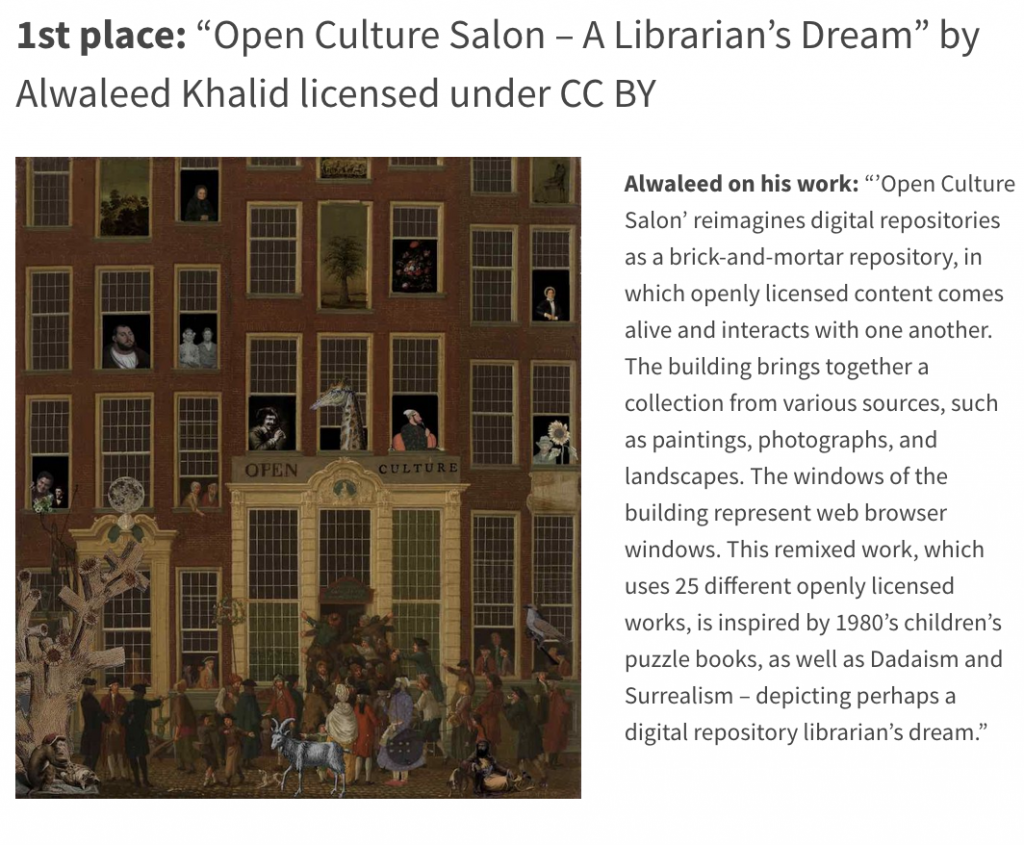
 Do you want to know more about open culture at Creative Commons? Write to us at
Do you want to know more about open culture at Creative Commons? Write to us at 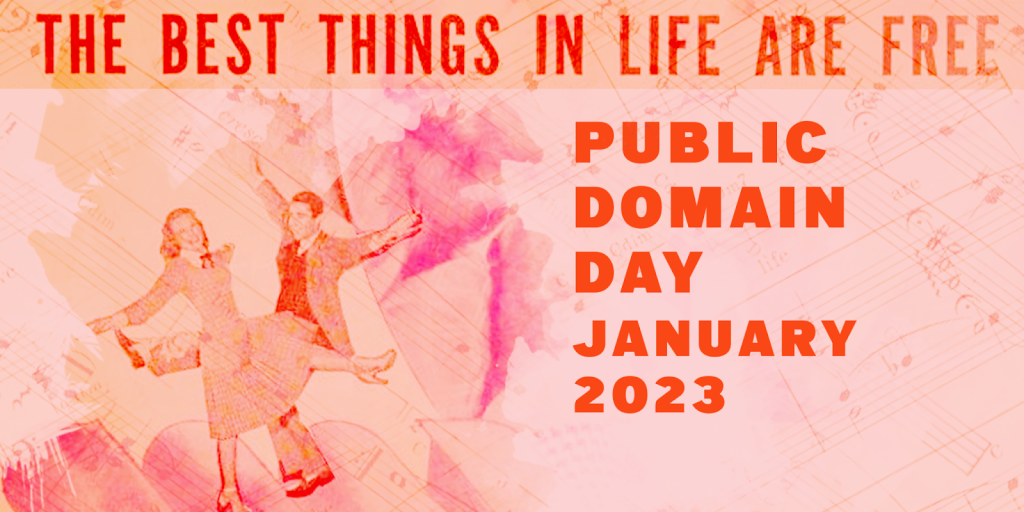 Join Creative Commons, Internet Archive, and many other leaders from the open world to celebrate Public Domain Day 2023. As of January 2023, a treasure trove of new cultural works has become as free as the moon and the stars — at least in the USA and many other countries. And what better way to get us feeling inspired than recalling those timeless lyrics of the 1927 hit musical composition: “
Join Creative Commons, Internet Archive, and many other leaders from the open world to celebrate Public Domain Day 2023. As of January 2023, a treasure trove of new cultural works has become as free as the moon and the stars — at least in the USA and many other countries. And what better way to get us feeling inspired than recalling those timeless lyrics of the 1927 hit musical composition: “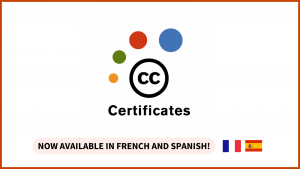 The
The 